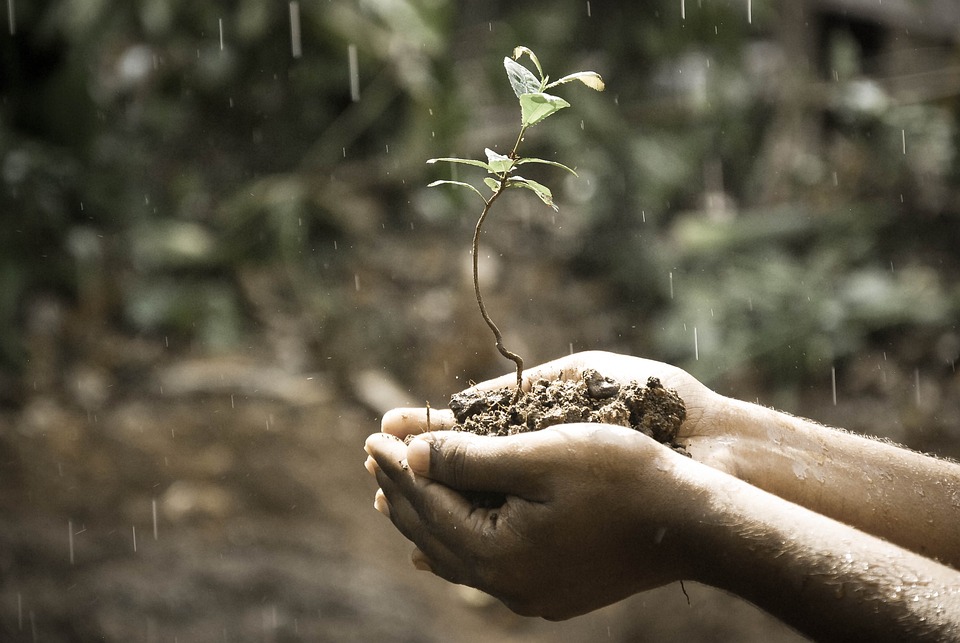Introduction
Soil health plays a pivotal role in the overall success of any garden or agricultural endeavor.
Healthy soil is the foundation for strong and resilient plants, increased crop yields, and better environmental sustainability.
In this article, we will explore expert advice on enhancing soil health, exploring techniques, tips, and practices that can transform your soil from dirt to gold.
Understanding Soil Composition
Before diving into soil enhancement techniques, it’s important to understand the composition of soil.
Soil consists of a combination of organic matter, minerals, air pockets, water, and a complex web of microorganisms.
Each component contributes to the overall health and fertility of the soil.
The Role of Organic Matter
Organic matter is crucial for enhancing soil health.
It improves soil structure, retains moisture, and provides essential nutrients to plants.
Adding compost, leaf litter, or well-rotted manure can significantly increase the organic matter content in the soil, promoting microbial activity and nutrient availability.
Managing Soil pH
Soil pH is a measure of how acidic or alkaline the soil is.
Different plants thrive in different pH ranges, so it’s important to understand and manage soil pH accordingly.
Testing your soil’s pH levels and making adjustments using amendments like lime or sulfur can create optimal growing conditions for specific plants.
Effective Mulching
Mulching provides a protective barrier on the soil surface, reducing evaporation, controlling weed growth, and improving soil structure.
Organic mulches like straw, wood chips, or shredded leaves gradually decompose, adding organic matter to the soil as they break down.
Additionally, mulch helps regulate soil temperature, preventing extreme fluctuations that can stress plants.
Companion Planting and Crop Rotation
Companion planting and crop rotation are practices that promote soil health and pest control.
Certain plant combinations have symbiotic relationships, where one plant may repel pests that are harmful to another.
Additionally, rotating crops helps prevent the build-up of pests and diseases in the soil, as different plants have different nutrient needs.
Minimizing Chemical Inputs
Reducing reliance on synthetic fertilizers and pesticides is crucial for long-term soil health.
Chemical inputs can disrupt the delicate microbial balance, harm beneficial organisms, and impact soil structure.
Adopting organic gardening practices, like using natural fertilizers, implementing biological pest control methods, and nurturing a diverse plant community, can help maintain soil health while minimizing chemical inputs.
Water Management
Proper water management is vital for soil health.
Overwatering can lead to waterlogging and oxygen deprivation, negatively impacting plant roots and beneficial soil organisms.
Conversely, underwatering stresses plants and inhibits nutrient uptake.
Adequate irrigation, such as using drip systems or watering deeply and infrequently, helps maintain a healthy balance of moisture in the soil.
FAQs
1. Why is soil health important for gardening?
Soil health is essential for gardening because it affects plant growth, crop yields, and environmental sustainability.
Healthy soil provides plants with the necessary nutrients, water, and support for optimal growth, while also minimizing the need for chemical inputs and preventing soil erosion.
2. How can I improve soil health in my garden?
To improve soil health in your garden, consider practices such as adding organic matter through composting or mulching, managing soil pH, practicing companion planting and crop rotation, reducing chemical inputs, and implementing proper water management techniques.
3. How often should I test my soil?
It is recommended to test your soil every two to three years.
Soil testing provides valuable information about the nutrient levels, pH, and composition of your soil, allowing you to make informed decisions regarding amendments and fertilizers.




